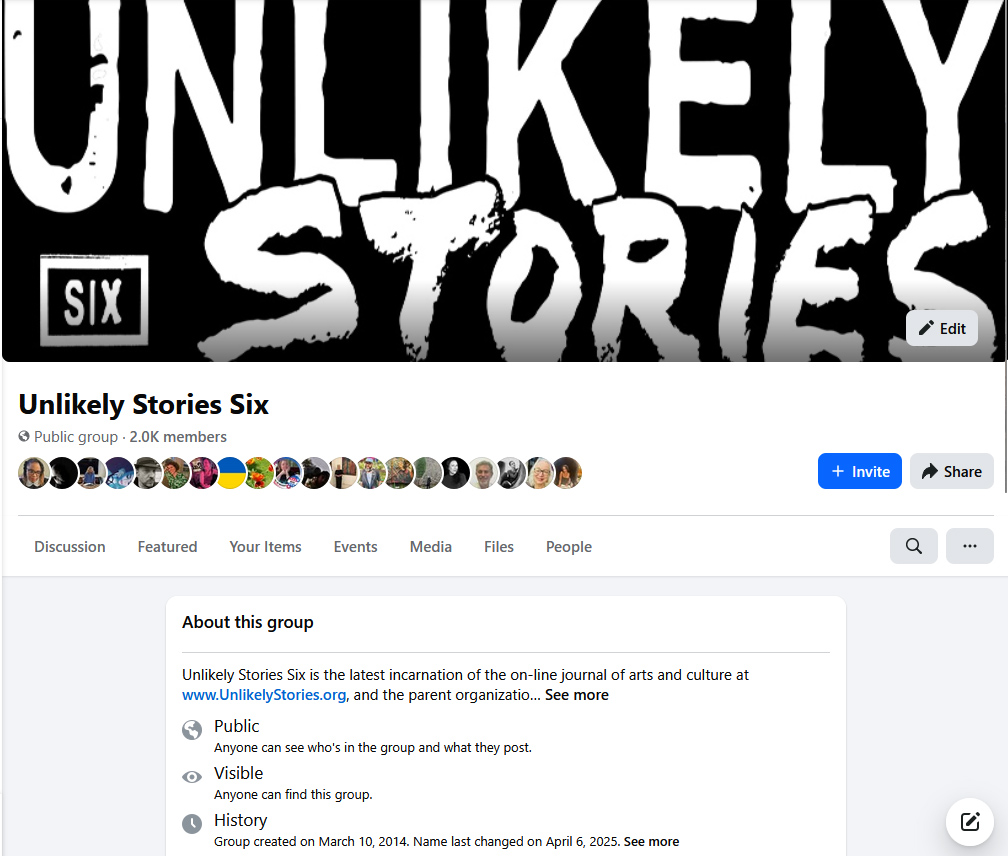by Liliane
6 p.m. on the road south of Kanab is a dusty journey past red, pink, and beige layers of time. Seeing that fast food chain’s logo emerge on the horizon during an otherwise aesthetically thrilling drive didn’t quite feel right. The block-like structure. The primary colors. The banner advertising a morning special of bad coffee and even worse donuts. The long line of SUVs for the drive-through. Normally, I avoid places like that but my daughters were hungry.
“And I reeeally need to pee,” said B.
Inside, employees looked both young and exhausted, and a brightly-painted message on the wall greeted us.
“Welcome! We love to have you!”
And directly underneath: “NO LOITERING. MAX 30 MINUTES.”
A section of seating to the right was entirely chained off, silently reinforcing the less friendly half of the text on the wall. We ordered the cheapest items available from a digital kiosk and memorized the washroom code printed at the bottom of our receipt. When I got to the keypad, an elderly woman wearing glasses attached to her neck by a rainbow cord was already standing there, looking panicked.
“Shoot! It’s locked. I haven’t gone since Phoenix!”
I punched in the code for her, happy to undermine the system, if only for the briefest of moments.
We ate our fast food in what felt like the most appropriate manner—stuffing our mouths in a moving vehicle. Remembering that the sandstone monuments outside were shaped by wind and water over millions of years, I felt grateful for their silence. I knew I wouldn’t want to see myself through that ancient gaze; a grown woman and mother of two, scarfing down one of humankind’s unhealthiest creations, tiny grains of salt sprinkling her yoga pants. It wasn’t hard to imagine those same giant rocks witnessing important events throughout their lifetime, incidents that have defined and redefined the borders of territories and empires. I thought about the Hopi, who settled and defended their communities on hard-to-attack mesas like the ones we spotted on either side of the highway. I tried to picture what it would have felt like to scan the land below from one of those imposing, flat-topped structures; to carry water and supplies along a secret ramp carved into the stone.
I thought about the U.S. Army’s campaign to force the Navajo off their land in the nineteenth century, resulting in mass starvation, illness, and death. The Navajo were eventually able to return and rebuild communities like the one we stopped at for gas. Unlike the town we had driven from that afternoon, everyone here was Navajo. A dog trotted up to the car as we pulled out of the gas station, her coat a sandy pink matching the surrounding hills now bathed in soft light from a low sun. She sat and watched us roll back onto the highway. In the side mirror, I could see her steady gaze as our rented Buick added more and more distance between us.
Right before this road trip, I had heard the argument that “tourism kills the soul.” As we made our bloated, flatulent way to yet another sacred landmark with tourists crowding the edge of a steep cliff to take selfies, that idea loomed large in my mind. Still, I couldn’t help recalling some of the things we had encountered up to that point. The California condor quietly gliding near the base of Angel’s Landing in Zion; an abundance of junipers, pines, and cottonwoods at the bottom of Bryce Canyon; ravens teasing each other with sticks in their beaks at the end of a gruelling four-hour hike. (This prompted an online search revealing that young ravens use twigs and sometimes even snowballs for social bonding!)
I had fallen madly in love with the landscape, like so many naïve city slickers before me. Using the rearview mirror every few miles, I watched the girls watch the landscape change from dramatic to even more dramatic. During one of the musical lulls when cell reception was poor and my daughters could no longer stream songs by artists I wasn’t hip enough to recognize, I tried to articulate my thoughts out loud.
“This looks nothing like back home but it feels really comforting to be here… Am I making any sense?”
“I know what you mean, Mom.”
Even with the self-awareness to admit that I have no survival skills and wouldn’t last a day out here on my own, I knew I would try to return again and again. The rocks would live on, layers of sand and water gradually inching their way toward the sky long after we had passed through and left this earth for good.
To my surprise, this thought didn’t make me feel sad at all.





Comments
Sas (not verified)
Add comment